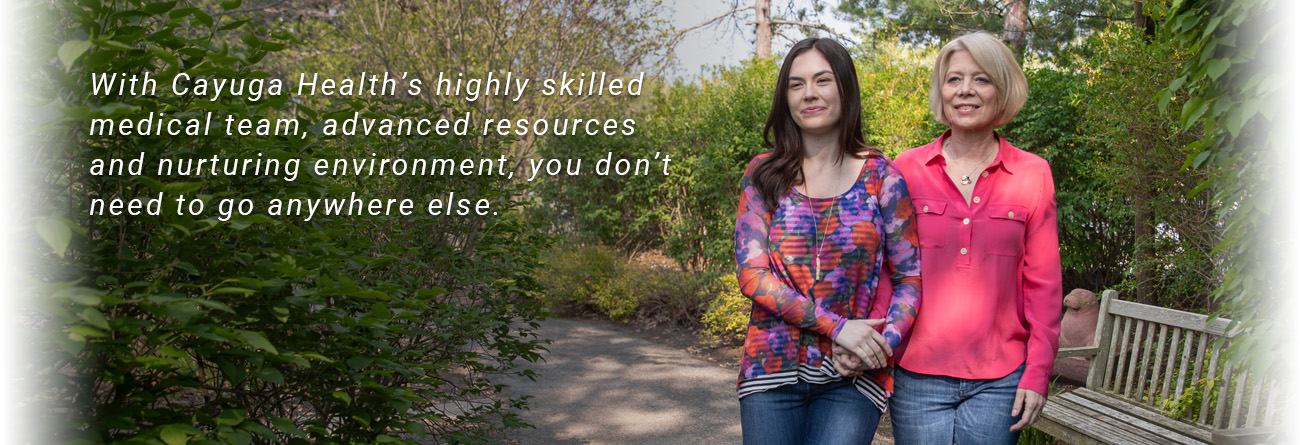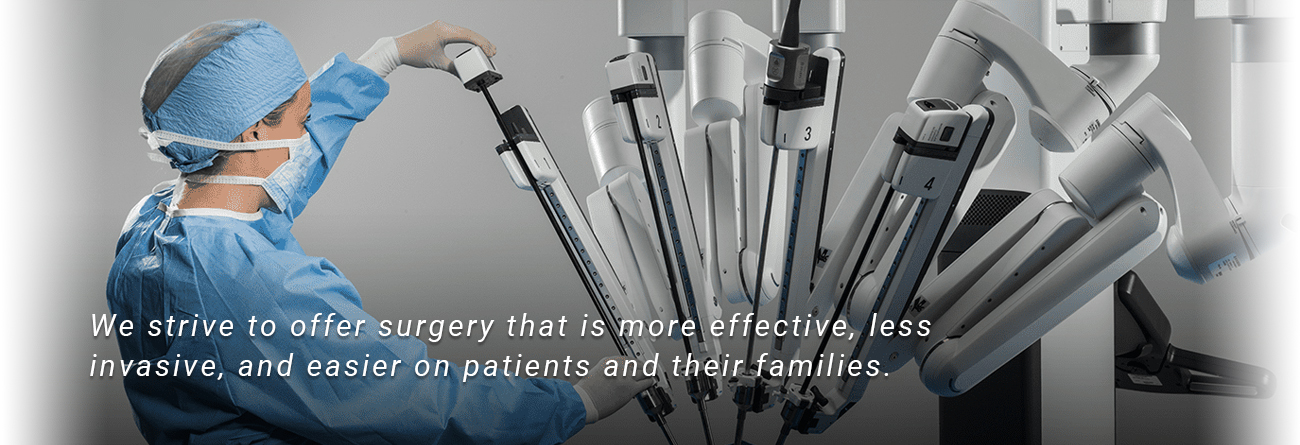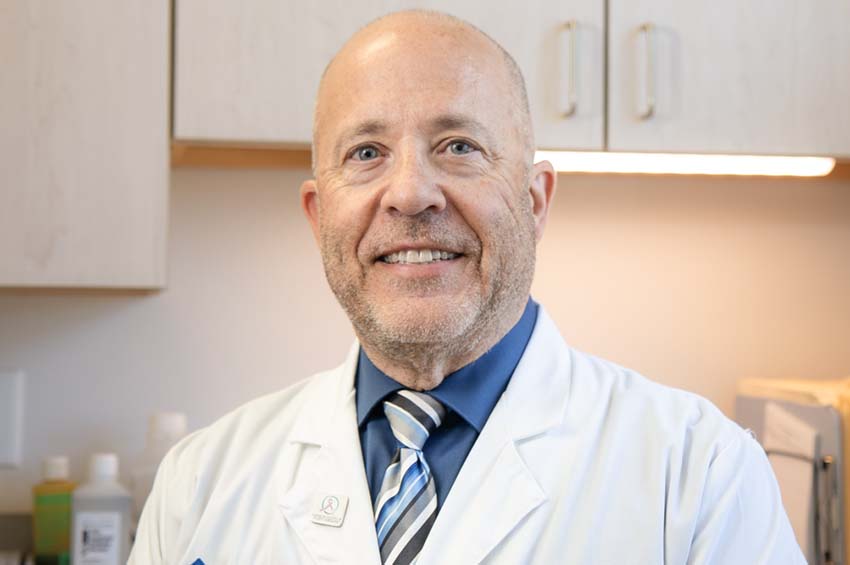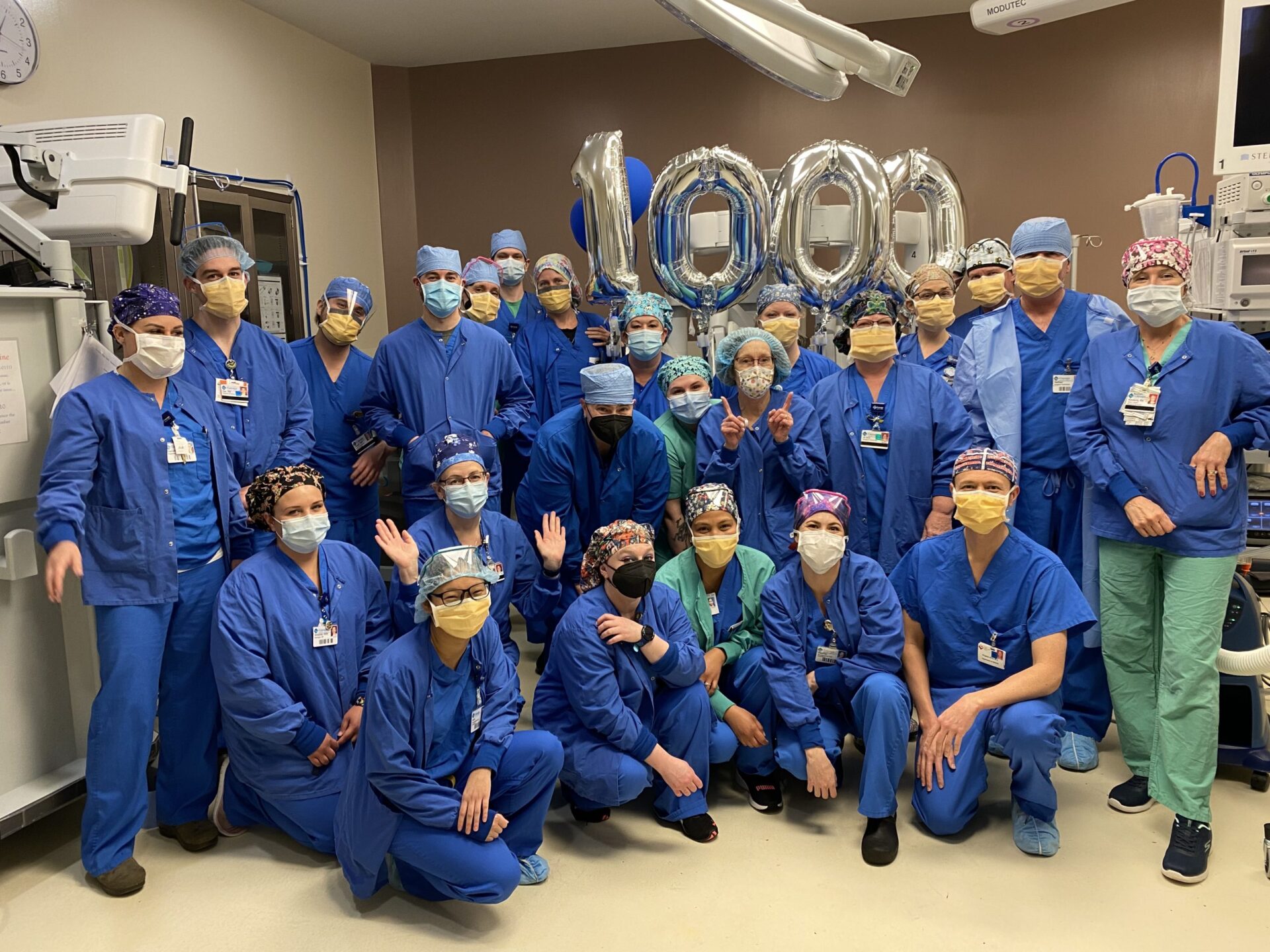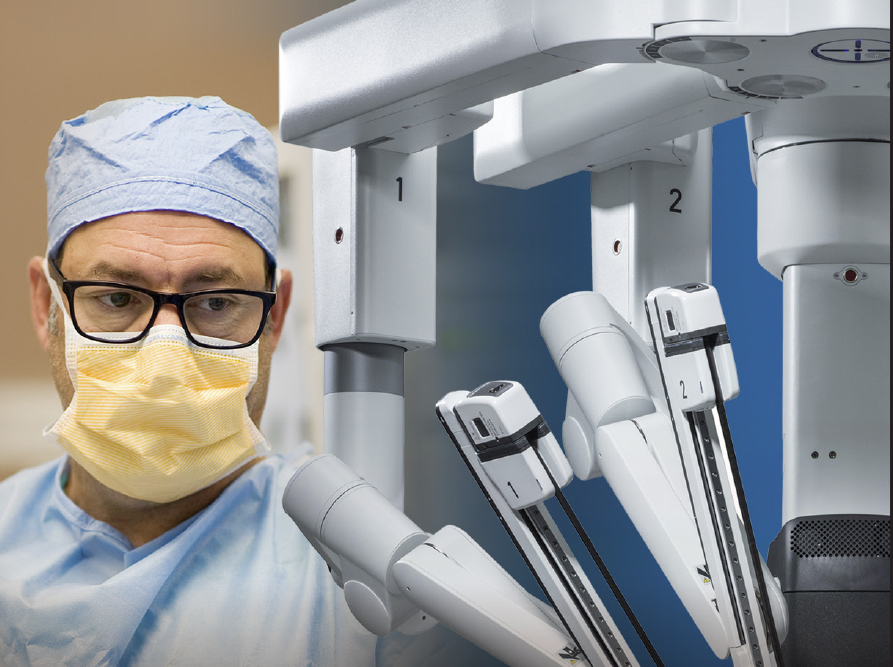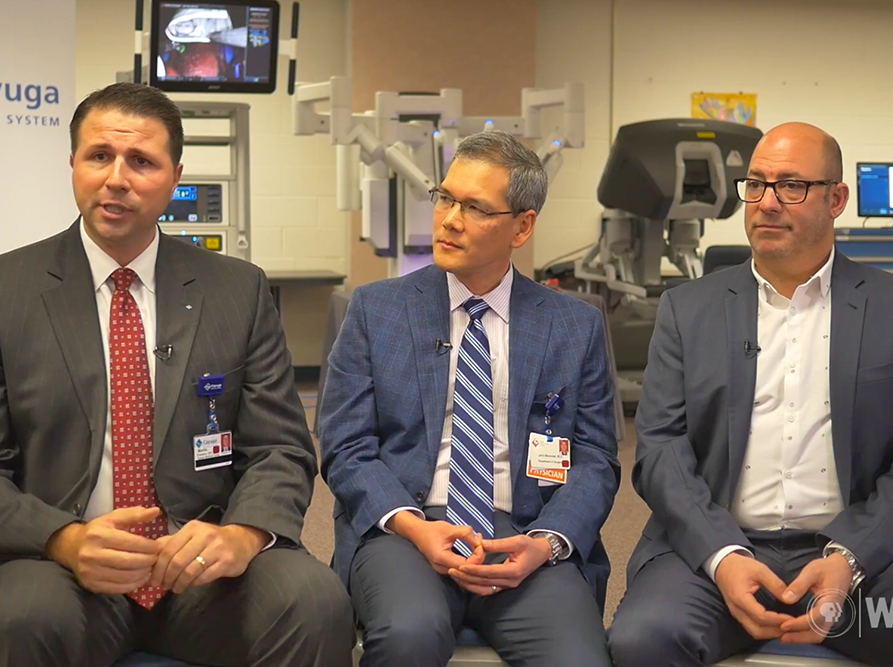About
Patient-Focused and Progressive
At Cayuga Health, we want your surgical experience to be as safe, comfortable, and stress-free as possible. From your office consultation to the time of your discharge, we will do our utmost to meet your individual needs and honor your preferences.
When it comes to your surgery, Cayuga Health offers the most comprehensive health-care team in the region. From our board-certified and fellowship trained surgeons to our state-of-the-art imaging services to our full-service laboratory and board-certified physical therapists, we are dedicated to helping you heal.
We are clinically linked to some of the finest tertiary-care centers in the country, including the Sands- Constellation Heart Institute at Rochester General Hospital (a Cleveland Clinic Heart Surgery Center), the University of Rochester Medical Center, Mayo Medical Laboratories, and Weill Cornell Medical College.
When you make an appointment at Cayuga Surgical Specialists, we will connect you with a doctor who will listen to your concerns and offer the best treatment options. You’ll receive a thorough evaluation by our specialists, who will evaluate and explain your diagnosis and help determine the next step.
Robotic Assisted Surgery
Robot-assisted surgery allows doctors to perform many types of complex procedures with more precision, flexibility and control than is possible with conventional techniques. Robotic surgery is usually associated with minimally invasive surgery — procedures performed through tiny incisions. It is also sometimes used in certain traditional open surgical procedures.
Surgeons who use robotic systems find that for many procedures it enhances precision, flexibility and control during the operation. Surgeons can perform delicate and complex procedures that may be difficult or impossible with other methods.
Often, robotic surgery makes minimally invasive surgery possible. The benefits of minimally invasive surgery include:
- Less pain and blood loss
- Shorter stays and more rapid recovery
- Smaller, less noticeable scars
Our Comprehensive Surgical Specialties and Designated Centers
Cayuga Health offers a broad range of inpatient and outpatient surgery and specialized procedures. We do this so that you can stay close to home when you require special care. Having family and friends nearby for love and support is important to your recovery.
Watch Ann’s Story
what our patients are saying
“The staff and accommodations at Cayuga Birthplace are amazing!!! This is what it I imagine it would feel like to be a celebrity getting VIP treatment. I wish I could stay longer – even the food options are 5 Star! The amenities are great. Everything is clean and designed beautifully. Not a single complaint, only praises!”
“I have had many occasions visiting CMC for myself and family. We have never had a bad experience there at all. Last October I had surgery and the nurses were amazing especially my night nurse. Thank you to all CMC staff for doing what you do every day with a smile.”
“I have been a Hemo dialysis patient for almost Five years. Prior to dialysis and during dialysis I have had several trips to the ER, due to other health issues & was admitted to CMC more than a few times. Each and every time I’ve been there, whether in patient or out, I have been treated with respect, professionalism, and efficiency. I give this hospital 2 thumbs up!! Thank you CMC for taking care of me all these years!!”
“I have to say the last couple visits that I’ve had here have been wonderful. About a month ago I had an EGD and the staff were amazing! Explained everything in detail and made me feel at ease. I was very nervous and the nurse I had was very comforting. Tonight we had to take my son to the emergency room and they were awesome with him! We got right in. “

